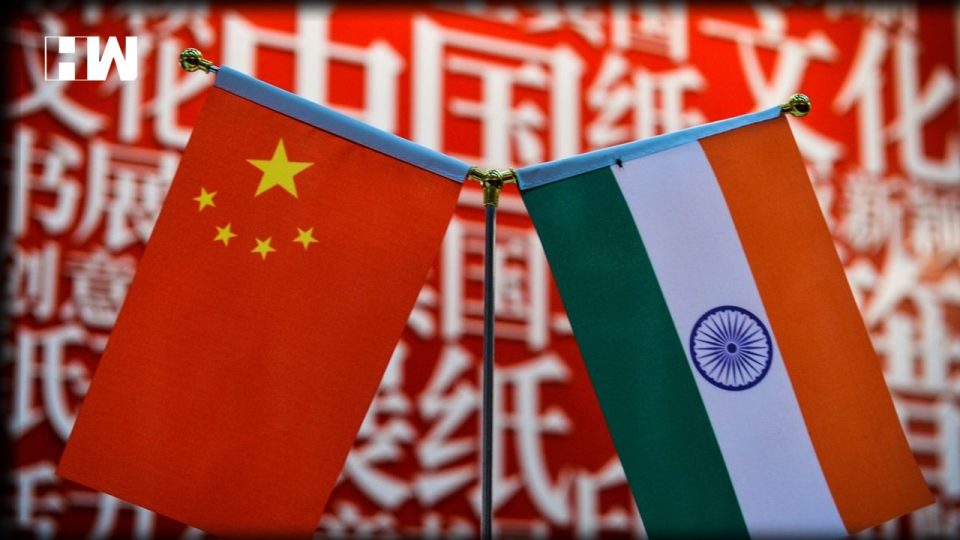Along with Maharashtra government, Yogi Adityanath’s Uttar Pradesh, and Manohar Lal Khattar’s Haryana have also adopted a tough stance on imports from China
MUMBAI| After the violent clash with India at Galwan Valley, China is set to pay for the heavy economic price, with chief minister Uddhav Thackeray-led Maharashtra already pausing three Chinese projects worth Rs 5,000 crore. Along with Maharashtra government, Yogi Adityanath’s Uttar Pradesh, and Manohar Lal Khattar’s Haryana have also adopted a tough stance on imports from China, and have stepped up to boycott Chinese companies and products.
The three deals put on hold in Maharashtra include projects with Hengli Engineering, PMI Electro Mobility Solutions JV with Photon, and Great Wall Motors, which were signed under the Magnetic Maharashtra 2.0 mission. Magnetic Maharashtra 2.0 was an attempt to revive the economy post coronavirus and 12 agreements were signed with Singapore, South Korea, and several other companies. However, after putting three agreements associated with the Chinese companies on hold, the government is processing only the rest of the nine agreements. Maharashtra’s Industry Minister Subhas Desai said that the decision has been taken in consultation with the center and it has been advised to not sign any agreements further with the Chinese companies.
Haryana has also put two tenders for the installation of a flue gas de-sulphurization (FGD) system at their thermal power plants at Hisar and Yamunanagar on hold. The Haryana government officials have also warned that more contracts with Chinese firms would be canceled in the next few days.
Uttar Pradesh Power Minister Shrikant Sharma said that the state will not purchase any Chinese products for its energy sector. He added that the state government will see that even the vendors do not supply or use the goods that are made in China.
After a violent face-off between the two countries, local trader’s body Confederation of All India Traders (CAIT) last week said that it will further mobilize traders in India to boycott Chinese goods and lend support to indigenous products. Before this, CAIT also released a list of 500 categories of products imported from China that may be produced in the domestic markets, instead of importing from China. These items included apparel, consumer electronics, kitchenware, watches, decorative lighting, toys, etc.
The union of the MSME sector in Noida, comprising 20,000 MSME sector units, has also decided to boycott Chinese products and equipment in the manufacturing process. The union has also prepared a list of more than 500 Chinese products for the manufacturing sector in Noida which includes LED lights, bolts, PPE kits, Masks, and several other pieces of equipment.
While the clear intention of India is to hurt China at the economic front, Union Minister Ramdas Athawale demanded a band on restaurants that are selling Chinese food in India. Thought the minister’s demand may hurt India more than China, he had added that China is a country that betrays and thus India should boycott all products that are made in China. Several social media posts are also floating, appealing people to uninstall and stop using Chnses applications such as Tik Tok and UC browser.
Meanwhile, India and China are holding Corps Commander-level meeting at Moldo on the Chinese side of the LAC to discuss the ongoing dispute in Ladakh. This is the second meeting between the two Corps Commanders after June 6 where they had agreed to disengage at multiple locations. However, the Chinese have not given any response to the Indian proposal and have not even shown any intent to withdraw its troops from positions where they have brought over 10,000 troops. Media reports suggest that India is likely to discuss the use of firearms in extraordinary circumstances.
As an independent media platform, we do not take advertisements from governments and corporate houses. It is you, our readers, who have supported us on our journey to do honest and unbiased journalism. Please contribute, so that we can continue to do the same in future.

